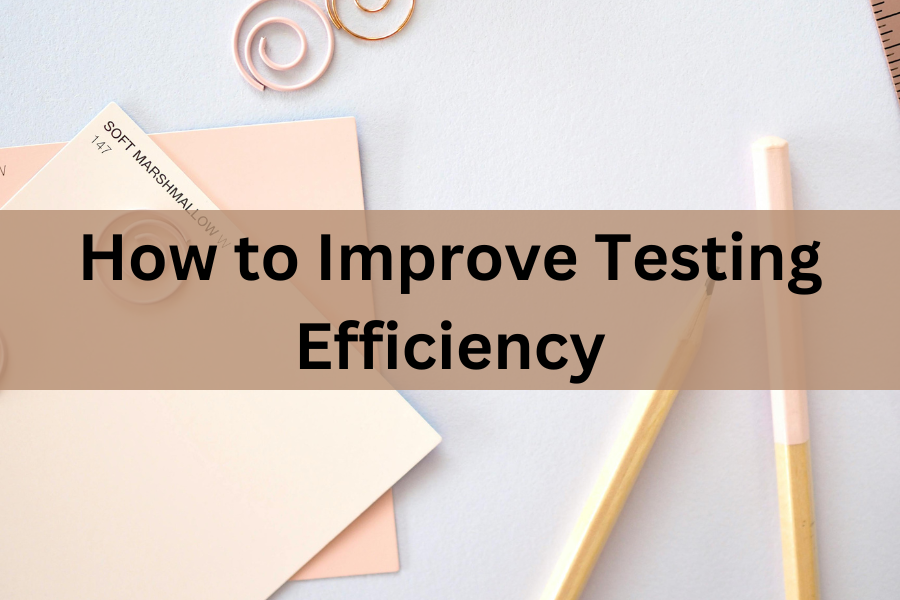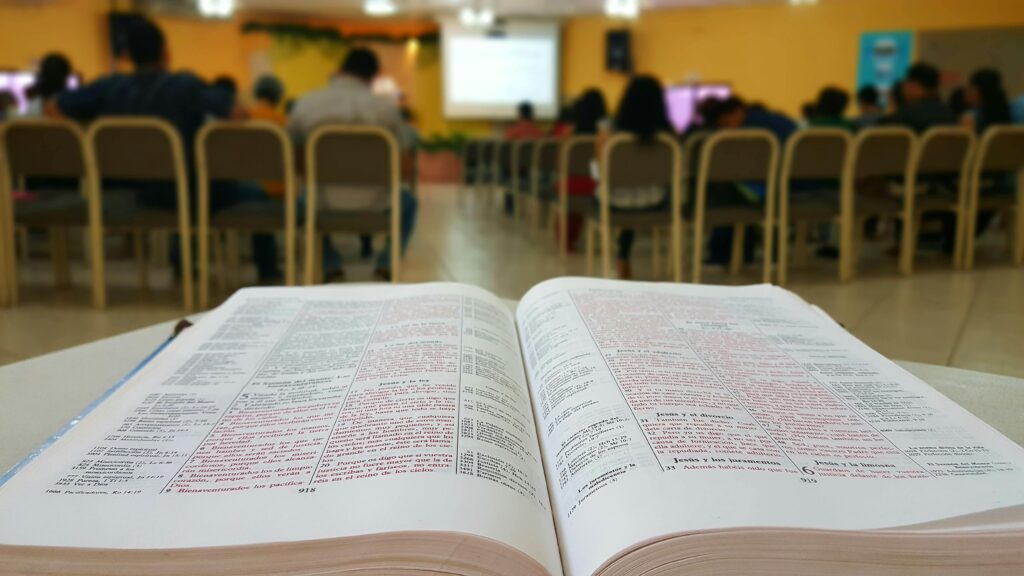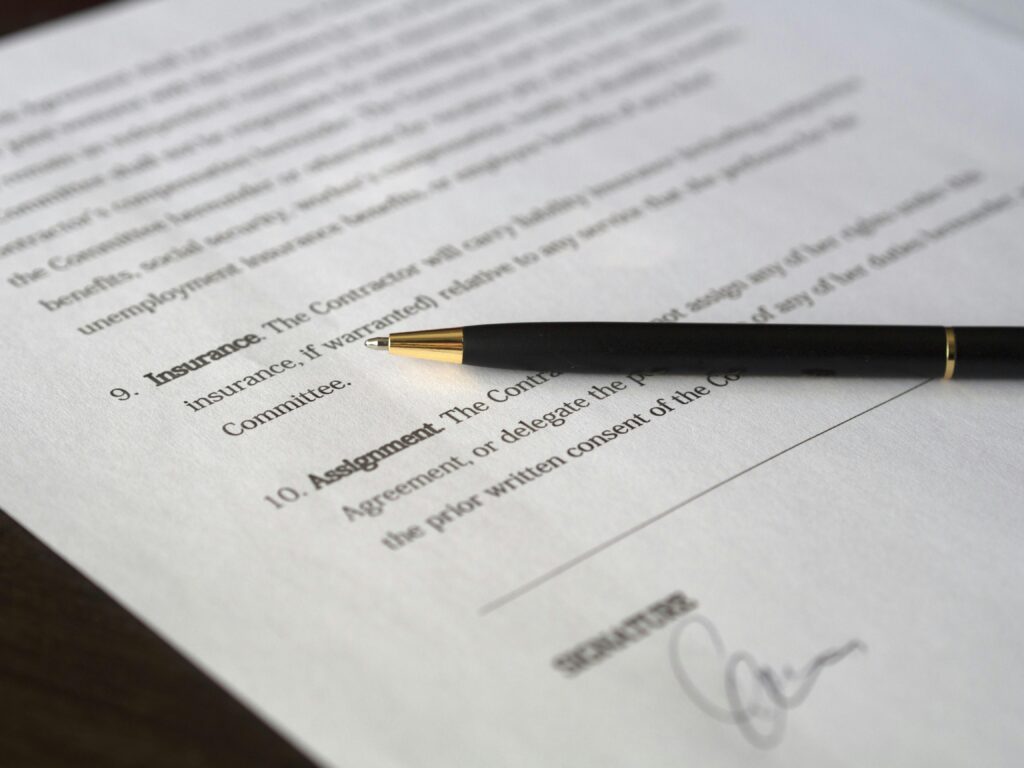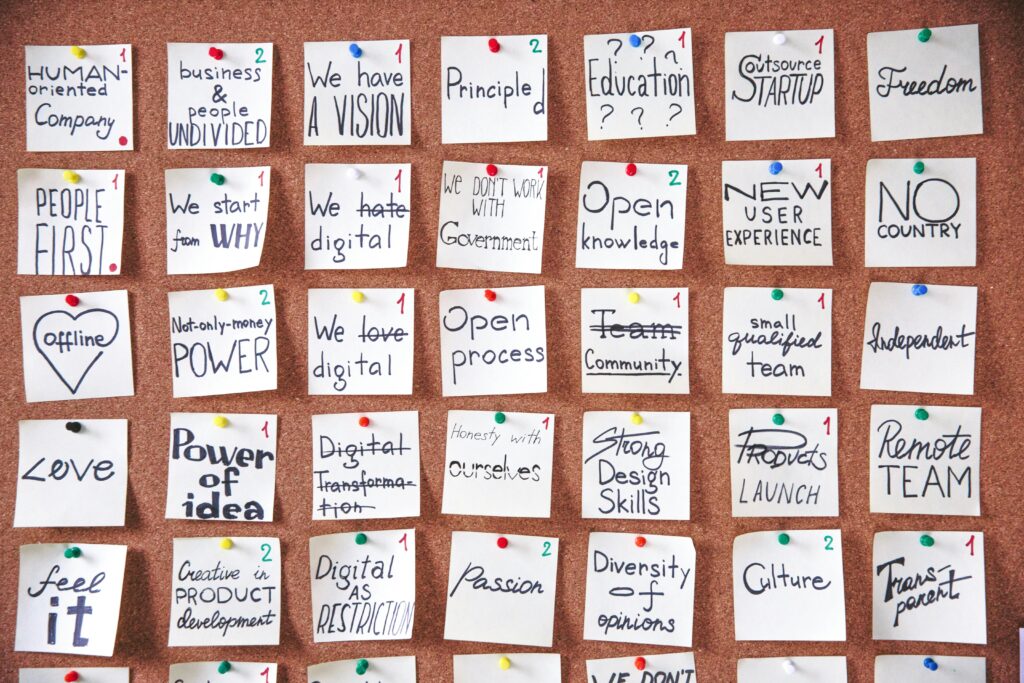9 Tips On How To Improve Testing Efficiency That'll Change Every Student's Life
With these 9 tips on how to improve testing efficiency you'll never struggle while taking a test again.

Navigating school tests can be stressful and overwhelming, but it doesn't have to be that way. Whether you're a student looking to improve your grades or a parent trying to help your child succeed, enhancing test efficiency can make a significant difference.
Efficient test-taking isn’t just about studying harder; it’s about studying smarter and developing strategies that help you maximize your performance. This means adopting effective study habits, managing your time well, and using test-taking techniques that play to your strengths. If you’re prepping for a big exam or just looking to improve your overall test performance, these tips will help you unlock your full potential, achieve your academic goals, and of course, teach you how to improve testing efficiency.
Here are various tips and methods on how to improve testing efficiency on school tests. We'll cover everything from creating a solid study schedule and understanding the material deeply to practicing past papers and learning how to stay calm under pressure. By implementing these strategies, you can improve your focus, retain information better, and approach exams with confidence.
This post is all about how to improve testing efficiency.
How To Improve Testing Efficiency
1. Practice Using Previous Tests

Practicing with past tests is an excellent way to prepare for school tests. These test provide a realistic sense of what to expect in terms of format, question types, and difficulty level. Start by re-attempting these tests under timed conditions to simulate the actual test environment.
This practice can help you manage your time more effectively during the real exam, ensuring that you allocate appropriate amounts of time to each section. After completing each test, review your answers carefully to identify any mistakes and understand where you went wrong. This process will highlight areas that need more attention and reinforce your learning.
Additionally, becoming familiar with the test format reduces anxiety and boosts your confidence, as you know what to expect. Regular practice with past tests can also help you develop effective test-taking strategies, such as how to approach different types of questions and manage your time efficiently.
2. Prioritize Important Topics

Not all topics are created equal; some carry more weight in terms of marks or are more frequently covered in tests. Prioritizing important topics in your study sessions can significantly improve your efficiency. Start by reviewing the syllabus or past tests to identify these key areas.
Allocate more study time to these ideas to ensure you have a strong grasp of the material. While it's important to have a broad understanding of all the content, focusing on main ideas ensures that you cover the most crucial material thoroughly. This strategy maximizes your chances of scoring well by concentrating your efforts where they will have the most significant impact.
Additionally, understanding the core concepts of high-impact topics often helps in understanding related topics, creating a more integrated and comprehensive understanding of the subject matter.
3. Use Active-Learning Techniques

Active learning techniques are essential for retaining information and understanding complex concepts. Rather than passively reading through your notes or textbooks, engage with the material in a more interactive way. Summarize information in your own words, which helps reinforce your understanding and memory.
Teaching the concepts to a friend or even to yourself can clarify your thoughts and highlight areas where you need further review. Creating mind maps or concept maps can help visualize relationships between different pieces of information, making it easier to see the big picture. Additionally, techniques like group discussions, flashcards, and hands-on practice can significantly enhance your learning experience.
By making learning an active process, you not only improve your ability to recall information during the test but also deepen your understanding, making it easier to apply concepts in different contexts.
4. Go Over Your Mistakes

Reviewing mistakes from past tests and homework assignments is an important part of the learning process. Carefully analyze your errors to understand why you got a question wrong and how to correct it in the future. This process helps you identify patterns in your mistakes, such as misunderstandings of key concepts or careless errors, and address them effectively.
Take notes on the correct answers and the reasoning behind them, and incorporate this information into your study sessions. By learning from your mistakes, you can improve your understanding of the material and avoid repeating the same errors in future tests. T
his reflective approach not only strengthens your knowledge but also enhances your critical thinking and problem-solving skills, making you a more proficient and confident test-taker.
5. Create a Study Schedule

Creating a study schedule is one of the most effective ways to improve your test efficiency. By planning out your study sessions in advance, you can break down your workload into manageable chunks and avoid the last-minute cramming that often leads to stress and poor retention.
Start by identifying all the topics you need to cover and estimate how much time you'll need for each one. Spread these study sessions out over several days or weeks, depending on how much time you have before the test. Include regular breaks in your schedule to prevent burnout and maintain your focus.
By sticking to this plan, you’ll ensure that you have enough time to thoroughly understand each topic, making you better prepared and more confident on test day.
Related Posts You Might Like: HOW TO CREATE A STUDY TIMETABLE FOR HIGH SCHOOL STUDENTS SO YOU'LL GET STRAIGHT A'S
6. Practice Time Management

Effective time management during a test is crucial for ensuring that you have enough time to answer all the questions. Start by quickly scanning the entire test to get an idea of its structure and the types of questions.
Allocate your time based on the marks or difficulty level of each section, giving more time to higher-value or more challenging questions. Answer easier questions first to build confidence and secure quick marks. If you get stuck on a question, move on and return to it later if you have time. Practice these time management techniques during your study sessions and with past papers to develop a strategy that works best for you.
By mastering time management, you can approach tests more strategically, ensuring that you maximize your performance and minimize the stress associated with time constraints.
7. Set Realistic Goals

Setting realistic and achievable study goals is essential for maintaining motivation and tracking your progress. Break down your study goals into smaller, manageable tasks that you can accomplish in each study session.
For example, rather than setting a vague goal like "study biology," set specific objectives such as "review chapter 5 and complete practice questions." Celebrate your progress as you achieve these smaller goals, which will keep you motivated and on track.
Setting realistic goals also helps you manage your time more effectively and ensures that you cover all the necessary material without feeling overwhelmed. By maintaining a clear sense of direction and accomplishment, you'll stay motivated and focused throughout your study journey.
This goal-oriented approach fosters a sense of achievement and progress, enhancing your overall study experience and academic performance.
8. Eat Well Leading Up to the Test

What you eat can significantly impact your brain function and test performance. Consuming a balanced diet with plenty of fruits, vegetables, whole grains, and lean proteins provides the nutrients your brain needs to function optimally.
Foods rich in omega-3 fatty acids, such as fish, nuts, and seeds, are particularly beneficial for cognitive function and memory. Stay hydrated by drinking plenty of water, as dehydration can impair concentration and cognitive abilities.
On the day of the test, eat a healthy breakfast that includes complex carbohydrates, protein, and healthy fats to provide sustained energy and keep your mind sharp. Avoid sugary snacks and drinks, which can lead to energy crashes and reduced focus.
By fueling your body with nutritious foods, you enhance your brain's capacity to learn and perform. This gives you a natural edge in your academic pursuits.
9. Stay Calm and Focused

Test anxiety can significantly impact your performance, so learning how to stay calm and focused is essential. Practice relaxation techniques such as deep breathing, meditation, or visualization to manage stress and maintain a clear mind.
Before the test, take a few moments to calm your nerves and focus on your breathing. During the test, if you start to feel anxious, take a deep breath. ALSO, use this time to remind yourself of your preparation and capabilities. Staying calm and composed will help you think more clearly and make better decisions. Regular practice of these techniques can also improve your overall stress management skills, benefiting you beyond test situations.
Cultivating a calm and focused mindset not only enhances your test performance. It also contributes to your overall well-being and academic success.
This post is all about how to improve testing efficiency.